The use of artificial intelligence by the general population in developed countries like the US on a “significant” scale will begin to be achieved in the next 18 to 24 months, according to Microsoft co-founder and philanthropist Bill Gates.
The impact on things like productivity and innovation could be unprecedented, Gates says. “Artificial intelligence is poised to accelerate the rate of new discoveries at a pace we’ve never seen before,” he wrote on his blog. “A key priority of the Gates Foundation in AI is to ensure that these tools also address health issues that disproportionately affect the world’s poorest, such as AIDS, Tuberculosis and Malaria,” Gates wrote. He cites numerous applications of AI in various sectors, while noting that practical implementation will come not this year, but in the last years of this decade.
“The work to be done over the next year will set the stage for a massive technology boom to come later this decade.” Examples of AI being developed for use in education or fighting disease cited by Gates in his letter include: Fighting antibiotic resistance – A researcher at the Aurum Institute in Ghana in Africa is working on software that will provide a range of information about medication guidelines and make suggestions for the most appropriate drug, dose and duration. AI-driven personalized education, like “Somanasi” – An AI-based curriculum that “is designed with the cultural context in mind in order to adapt to the students who use it.”
Reducing risks during pregnancies, considering that “one woman dies in childbirth every two minutes” on average across the globe. An HIV risk assessment chatbot that “acts as an unbiased and non-judgmental advisor who can provide round-the-clock advice”, especially for “vulnerable populations”.
A voice-controlled app for health workers in Pakistan that allows them to complete a medical record just by speaking when visiting a patient in the field, in order to reduce the number of patients without a documented medical history.
©️ Geek Room


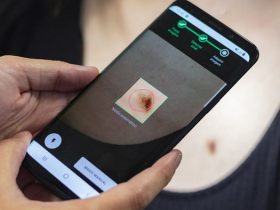

















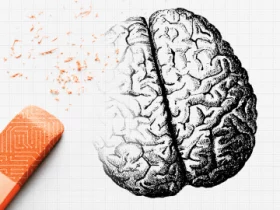

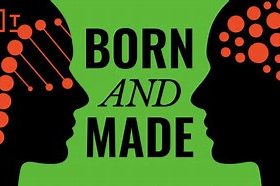

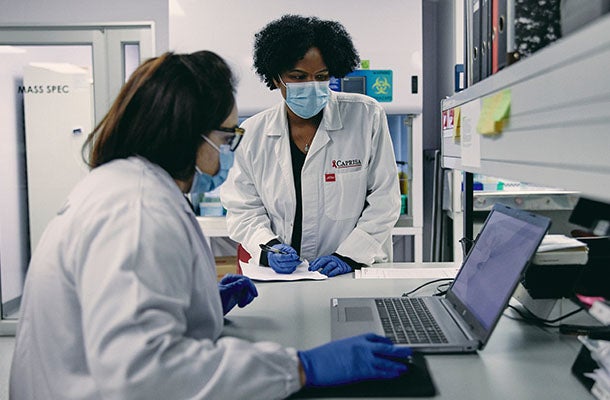
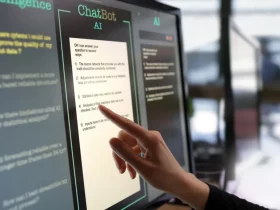





Leave a Reply